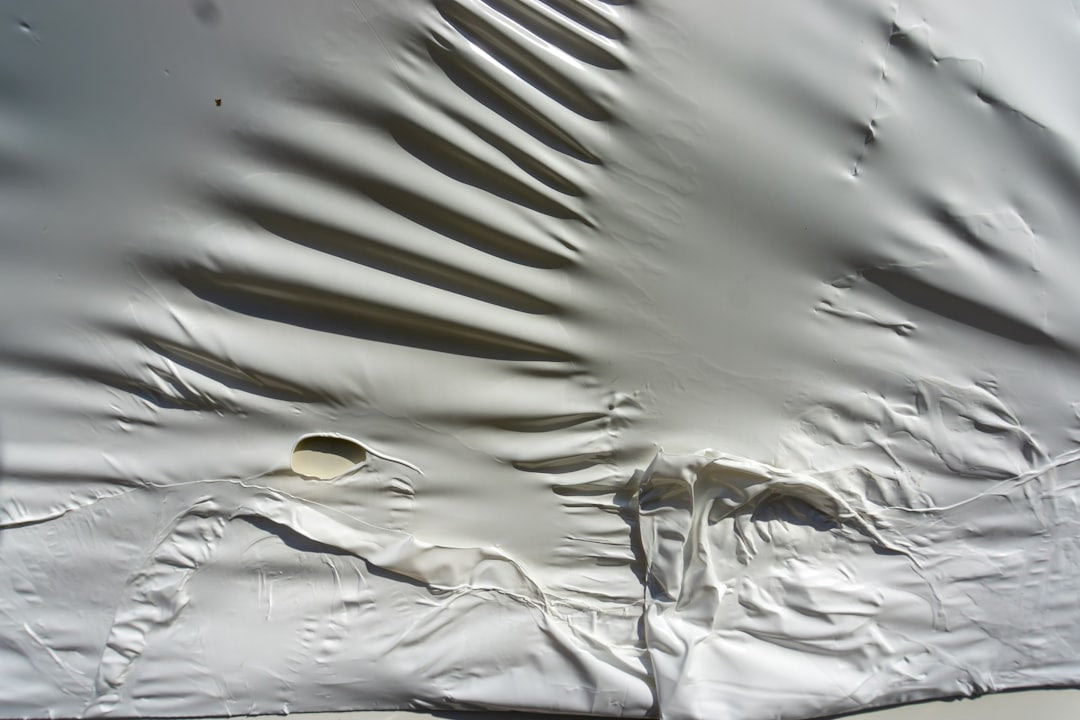
The Ultimate Shield: How Industrial Tarps and Insulation Create an Invincible Barrier
In the world of industry and construction, the elements can pose significant challenges to operations, materials, and workers. That's where industrial tarps and insulation play vital roles. Whether you’re looking to protect your equipment, secure your construction site, or maintain material integrity, understanding the synergy between these two key elements can enhance your operational efficiency. In this blog post, we’ll delve into why industrial tarps and insulation are a perfect match for businesses looking to safeguard their assets while boosting productivity.
Understanding Industrial Tarps
Industrial tarps are robust protective covers designed for heavy-duty applications. They are made from materials such as polyethylene and vinyl that can withstand harsh weather conditions, UV exposure, and physical wear and tear. These characteristics make them a go-to choice for various industries, including construction, agriculture, and transportation.
Key Features of Industrial Tarps
- Durability: Industrial tarps are engineered to last, making them suitable for prolonged exposure to the elements.
- Water Resistance: These tarps provide a waterproof barrier, keeping your materials and equipment dry.
- UV Protection: Many industrial tarps come with UV inhibitors that prevent deterioration from sunlight.
- Versatility: From covering piles of materials to providing temporary roofing solutions, the applications of industrial tarps are virtually limitless.
The Role of Insulation in Industrial Applications
Insulation is often overlooked but is crucial in maintaining temperatures and protecting work areas from extreme weather. Its applications in industrial settings can significantly contribute to energy efficiency and operational efficacy.
Benefits of Insulation in Industrial Settings
- Energy Efficiency: Proper insulation minimizes energy loss, which can lead to significant cost savings over time.
- Temperature Regulation: Keeping work environments at stable temperatures enhances comfort for workers and protects sensitive materials.
- Safety Enhancements: Insulation can reduce the risk of accidents by preventing condensation and maintaining an even temperature.
- Sound Absorption: Good insulation helps reduce noise levels, creating a more pleasant working atmosphere.
The Perfect Duo: Industrial Tarps and Insulation
When used together, industrial tarps and insulation form an exceptional defense system against environmental challenges. Harnessing their complementary strengths can create an impenetrable barrier that protects materials, enhances worker productivity, and ensures cost-effective operations.
Protection from Harsh Weather
Locations that experience extreme weather conditions can benefit greatly from the joint application of industrial tarps and insulation. Industrial tarps can serve as a first line of defense, providing a waterproof and UV-resistant covering. Meanwhile, insulation will further protect materials from temperature fluctuations, preventing damage from freezing or overheating.
Improved Work Environment
Operational efficiency is paramount in any industrial setting, and maintaining a suitable work environment is essential. Using both industrial tarps and insulation can stabilize temperature and humidity levels. This not only enhances the comfort of the workers but can also lead to increased productivity and decreased downtime.
Applications of Industrial Tarps and Insulation
The pairing of industrial tarps and insulation proves beneficial across a variety of sectors:
Construction Sites
Construction sites are notorious for their exposure to the elements. Utilizing tarps to cover materials ensures they remain dry and protected, while insulation helps maintain the integrity of temperature-sensitive materials during installation phases. This combination helps streamline construction schedules and ensures quality work.
Agriculture
In the agricultural industry, protecting crops and machinery from weather extremes is essential. Industrial tarps can cover hay bales or operate as temporary shelter, while insulation can preserve heating in greenhouses. This partnership maximizes yield and efficiency on farms.
Transportation and Logistics
In transport sectors, tarps provide protection for shipments from rain and sun during transport or storage. Coupled with insulation, which maintains temperature-sensitive goods, this duo becomes indispensable for logistics companies involved in the transport of food and pharmaceuticals.
Cost-Effectiveness of Using Tarps and Insulation Together
Investing in quality industrial tarps and insulation may initially seem like a substantial expenditure, but it is essential to consider the long-term savings. By safeguarding materials and reducing energy costs, businesses can lower their operational expenses significantly. Here’s how:
- Reduced Material Damage: Protecting materials from the elements can prevent costly damage that may require repairs or replacements.
- Lower Energy Costs: Enhanced insulation leads to decreased heating and cooling needs, resulting in reduced energy bills.
- Increased Productivity: A stable work environment fosters productivity, potentially leading to faster project completion.
Choosing the Right Tarps and Insulation
Selecting the appropriate industrial tarps and insulation can be daunting due to the plethora of options available. Here are some factors you should consider:
Material
Different materials serve various purposes. Look for heavy-duty materials that offer high UV resistance and water repellence for tarps. For insulation, consider the thermal resistance (R-value) that suits your operational needs.
Size and Coverage
Ensure that the tarps cover the intended area completely, leaving no gaps for moisture or UV light to penetrate. Similarly, the insulation should be appropriately sized to maintain the desired temperature.
Application
Evaluate your specific needs—whether it’s for construction, agricultural, or logistics—to select the best products that will serve your purpose effectively.
Sustainability Considerations
As businesses become more conscious of their environmental impact, many are opting for sustainable practices. Fortunately, industrial tarps and insulation can contribute to these efforts.
Eco-Friendly Options
Many manufacturers offer eco-friendly tarps made from recycled materials or those that can be recycled after their lifespan. Additionally, insulation products with lower environmental impact can contribute to sustainability without sacrificing quality.
Final Thoughts: Gear Up for Success!
The combination of industrial tarps and insulation creates an unparalleled protective solution that will benefit any business dealing with harsh conditions or requiring temperature regulation. By investing in quality tarps and insulation, you can significantly improve the longevity of your materials, optimize your work environment, and ultimately enhance your bottom line. It's time to gear up with the ultimate shield against the elements—your investment will pay off in spades!
